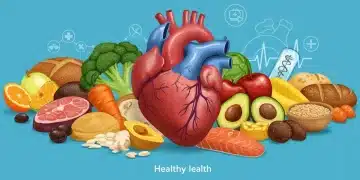Sleep Rest Transforms Your Physical and Mental Health
Por: katia alves em julho 8, 2025
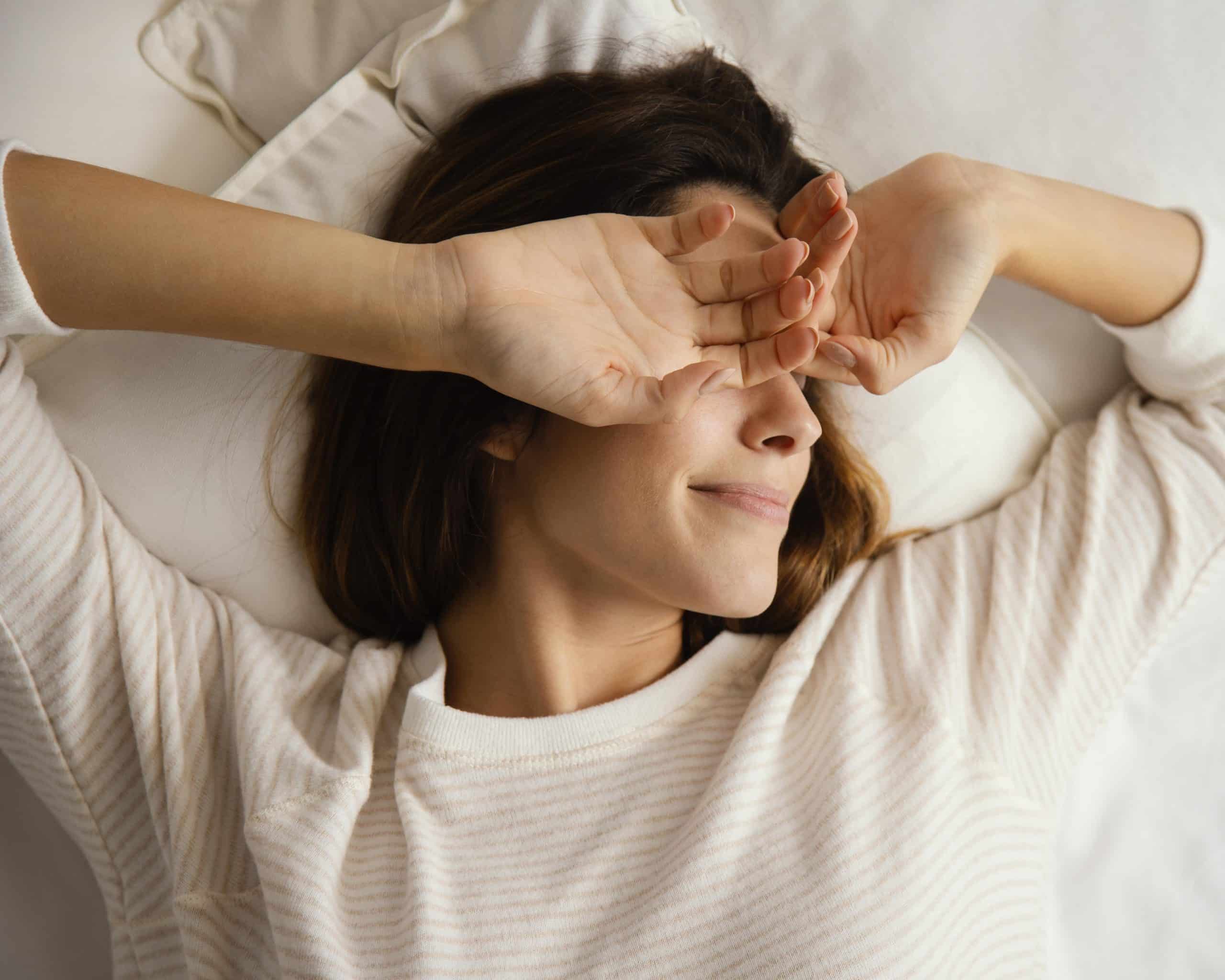
Learn how to sleep smarter and live better
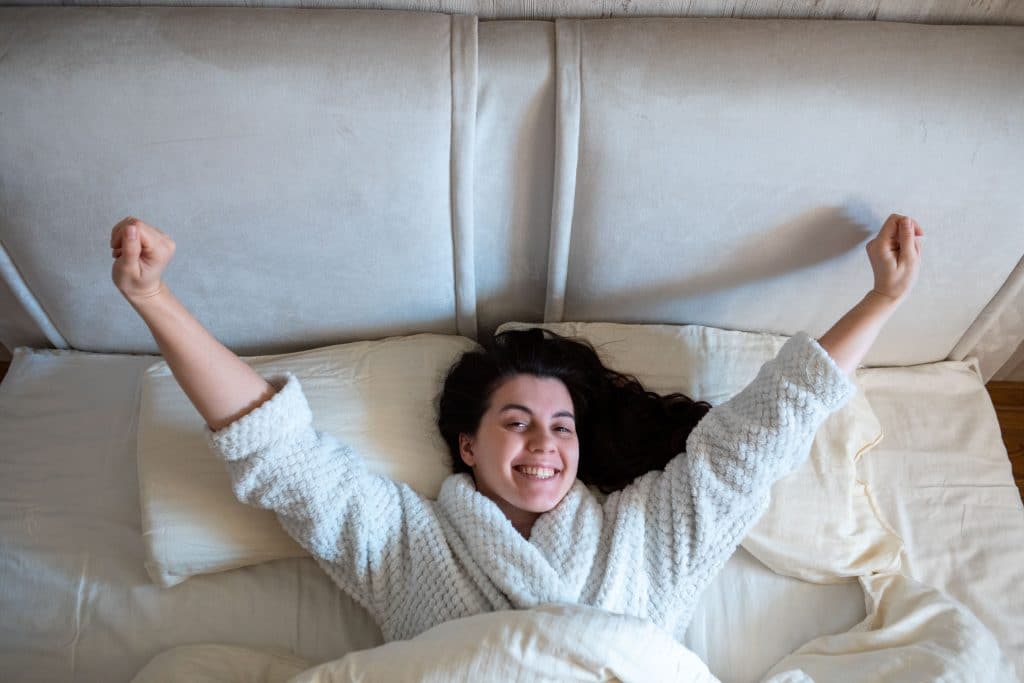
Getting good sleep isn’t a luxury—it’s a biological necessity. In a fast-paced world where productivity is often prioritized over rest, sleep tends to be overlooked. But science is clear: the quality of your sleep is directly tied to your body’s ability to recover physically, emotionally, and mentally. In this article, we’ll explore the vital connection between sleep and recovery, how poor sleep impacts your health, and practical ways to improve your sleep for better overall well-being.
Why Is Sleep So Important for Recovery?
Sleep is when your body enters a powerful repair mode. While you rest, numerous internal systems reset and recharge:
Key restorative functions of sleep:
-
Muscle and tissue repair
-
Memory consolidation and learning
-
Immune system strengthening
-
Mood regulation and emotional resilience
-
Hormonal balancing, including growth hormone release
It’s during sleep—especially deep and REM stages—that your mind and body regenerate most effectively.
The Stages of Sleep and Their Benefits
Sleep is divided into multiple repeating cycles, each with a specific role in recovery.
| Sleep Stage | Main Function |
|---|---|
| N1 (Light Sleep) | Transition from wakefulness to sleep; initial relaxation. |
| N2 (Light Sleep) | Stabilizes heart rate and body temperature. |
| N3 (Deep Sleep) | Physical repair; growth hormone is released. |
| REM (Dream Sleep) | Emotional balance and memory consolidation. |
Completing all sleep stages is essential for full-body restoration.
The Consequences of Sleep Deprivation: What Happens When You Don’t Get Enough Rest

Sleep deprivation does far more than make you yawn during meetings—it disrupts almost every major system in the body, often silently. Missing just a few hours of rest over time can lead to chronic health issues, emotional instability, and decreased performance, both physically and mentally.
Here’s a closer look at how lack of sleep affects your body and mind:
Chronic Fatigue and Daytime Drowsiness
When you don’t get enough sleep, your body is essentially running on “emergency mode.” You can not rest. You may experience:
-
Constant tiredness, no matter how much coffee you drink
-
Microsleeps (brief lapses into sleep that occur without you realizing)
-
Slower reaction times and poor motor coordination
👉 Impact: Reduced productivity, higher risk of accidents (especially while driving), and diminished motivation.
How Sleep Deprivation Leaves You Vulnerable
Your immune system depends heavily on restorative sleep to function at full capacity. When you get adequate, uninterrupted sleep—especially deep non-REM sleep—your body performs critical immune functions that help you defend against viruses, bacteria, and chronic inflammation.
🔬 What Happens During Sleep:
-
Cytokine Production: While you sleep, especially during deep stages, your body increases the production of cytokines—proteins that help regulate inflammation and immunity. These cytokines act like messengers, directing immune cells to respond to infections and injuries.
-
T-cell Activation: T-cells, the “soldiers” of the immune system, are more effectively mobilized during sleep. A lack of sleep may reduce their ability to attach to infected cells and neutralize threats.
-
Antibody Formation: Adequate sleep supports the formation of antibodies after exposure to pathogens or vaccines, which is crucial for developing long-term immunity.
What Sleep Deprivation Does to Your Immune Health:
When you consistently sleep fewer than 7 hours per night, several damaging effects begin to accumulate:
-
🧬 Reduced antibody response: Your body produces fewer and weaker antibodies, lowering your defenses against viruses like the flu, common cold, and COVID-19.
-
🤧 Increased susceptibility to illness: Sleep-deprived individuals are 3 to 5 times more likely to catch colds and respiratory infections.
-
🔥 Chronic inflammation: Without sufficient rest, inflammation levels stay elevated, increasing the risk for autoimmune diseases and inflammatory conditions like arthritis or IBS.
-
💉 Weaker vaccine response: Research shows that sleep-deprived individuals generate fewer protective antibodies after vaccination—meaning vaccines may not work as effectively.
🧪 Scientific Evidence
📚 The University of California, San Francisco, conducted a landmark study where participants were deliberately exposed to the common cold virus. Those who slept fewer than 6 hours per night were 4.2 times more likely to get sick compared to those who slept 7+ hours.
Another study published in Sleep journal found that participants restricted to 4 hours of sleep for just one night had a 70% drop in natural killer cell activity—these are the cells responsible for attacking viruses and cancer cells.
💡 Bottom Line
Your immune system is your frontline defense—but without sleep, that defense crumbles. Think of sleep as a nightly immune system recharge. Just like you need fuel to drive a car, your immune system needs quality rest to protect you from daily threats, fight off illness efficiently, and recover faster.
| Function | Role During Sleep |
|---|---|
| Cytokine Production | Cytokines are released to manage inflammation and direct immune responses. |
| T-Cell Activation | T-cells become more active and better able to attack infected or cancerous cells. |
| Antibody Formation | During deep sleep, the immune system produces antibodies to fight off viruses and bacteria. |
| Inflammation Regulation | Sleep helps reduce unnecessary inflammation, keeping the immune system balanced. |
| Vaccine Response | Adequate sleep boosts vaccine effectiveness by improving immune memory. |
Mood Swings, Anxiety, and Irritability
Sleep and emotional regulation are closely connected. When you’re sleep-deprived:
-
The amygdala (emotional center of the brain) becomes hyperactive
-
The prefrontal cortex (responsible for logic and control) becomes less active
This imbalance leads to:
-
Increased anxiety and depressive symptoms
-
Difficulty managing stress
-
Overreaction to minor frustrations
😠 That’s why even small inconveniences feel overwhelming when you’re sleep-deprived.
Impaired Memory, Focus, and Decision-Making

Cognitive functions are among the first to suffer from poor sleep. You may notice:
-
Forgetfulness and trouble concentrating
-
Poor decision-making and problem-solving skills
-
Reduced creativity and slower thinking
🧠 During sleep—especially REM—your brain consolidates new information, clears unnecessary data, and refreshes your mental clarity. Without this, your mind becomes foggy and disorganized.
Increased Risk of Heart Disease, Obesity, and Diabetes

Sleep affects metabolism, hormones, and cardiovascular health. Chronic sleep loss leads to:
-
Elevated cortisol (stress hormone), which increases blood pressure
-
Insulin resistance, increasing the risk of type 2 diabetes
-
Increased hunger hormones (ghrelin) and decreased satiety hormones (leptin), leading to overeating
-
Disruption in fat metabolism and greater fat storage, especially around the belly
❤️ According to the American Heart Association, those who sleep less than 6 hours per night have a significantly higher risk of heart attacks and strokes.
Premature Aging and Skin Deterioration
There’s a reason it’s called “beauty sleep.”
-
During deep sleep, the body releases human growth hormone (HGH), which aids in tissue repair and skin regeneration.
-
Chronic sleep loss decreases collagen production, leading to wrinkles, dull skin, and dark under-eye circles.
-
Shortened telomeres (the protective ends of DNA), a sign of biological aging, are more common in people who are consistently sleep-deprived.
🧬 Over time, inadequate sleep literally ages your cells faster.
10 Slow Recovery from Illness, Exercise, or Stress
Your body needs time and rest to rebuild. Without it, recovery slows dramatically:
-
Muscles don’t heal properly after physical activity or injury
-
Mental stress lingers longer, leading to burnout
-
Inflammation increases, making pain and soreness worse
🏃 Athletes who sleep less show lower performance, greater injury risk, and longer healing times.
Sleep, Exercise, and Physhion Performion
Sleep is just as crucial as training and nutrition when it comes to athletic performance. During deep sleep, your body:
-
Repairs muscle micro-tears
-
Produces essential recovery hormones
-
Reduces inflammation and joint pain
Those who sleep well:
-
Recover faster from workouts
-
Have better endurance and focus
-
Experience fewer injuries
-
Avoid symptoms of overtraining
Rest and Mental Health
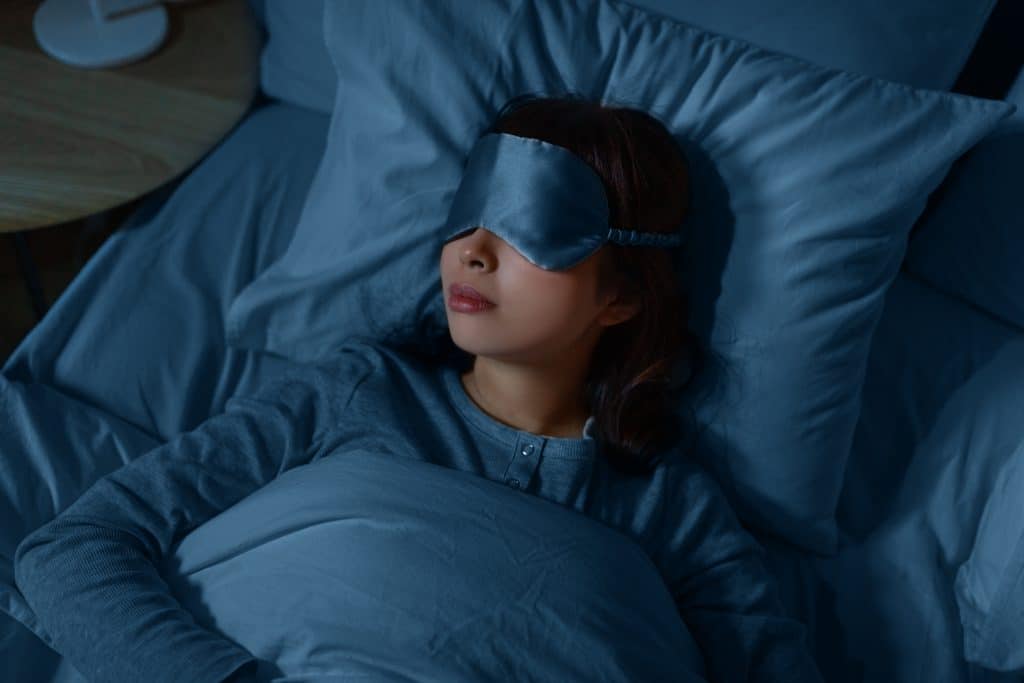
From a psychological standpoint, sleep acts like a nightly emotional reset. During REM sleep, your brain processes thoughts and emotions, helping you better cope with stress.
Mental health benefits of quality sleep:
-
Reduced anxiety and emotional reactivity
-
Greater emotional balance and resilience
-
Improved memory, creativity, and learning
-
Sharper decision-making and mental clarity
Tips for Better Sleep and Faster Recovery
-
Stick to a consistent sleep schedule – Go to bed and wake up at the same time every day.
-
Limit screen time at night – Blue light disrupts melatonin production.
-
Avoid caffeine after 3 PM – It stays in your system for hours.
-
Make your bedroom dark and quiet – Use blackout curtains and earplugs if needed.
-
Wind down with relaxing activities – Meditation, deep breathing, or journaling help.
-
Don’t go to bed overly full or hungry – Light snacks are okay.
-
Avoid alcohol close to bedtime – It disrupts sleep cycles.
-
Exercise regularly – Just don’t do intense workouts right before bed.
-
Use calming scents or oils – Lavender and chamomile are great options.
-
Manage your stress levels – Emotional overload is a common cause of insomnia.
1 What Happens in the Brain During Sleep?
During deep and REM sleep stages, the brain performs extraordinary maintenance while you rest:
-
Cleans out waste and toxins via the glymphatic system
-
Regulates stress hormones, including cortisol
-
Builds and strengthens neural connections
-
Files memories and prunes irrelevant information
🧠 Fun Fact: According to Harvard Medical School, people who sleep less than 6 hours per night have a 40% higher risk of developing depression and a 20% higher risk of heart problems.
How Sleep Boosts Your Immune System
Sleep and immunity are deeply intertwined. A full night’s rest allows the body to:
-
Increase cytokine production, which fights off infections
-
Boost antibody levels
-
Strengthen your response to viruses and vaccines
💡 Poor sleep = more frequent colds, longer recovery times, and higher inflammation.
Sleep and Weight: The Hormonal Connection
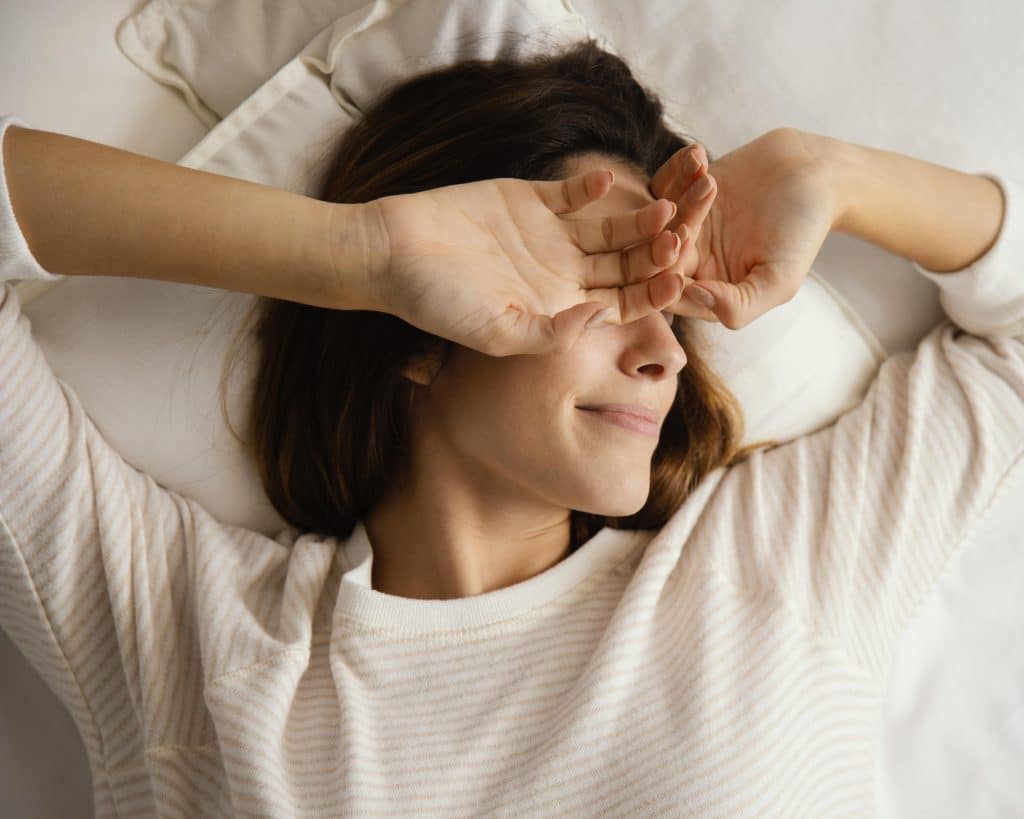
💤 Struggling with Weight Loss? Rest Might Be the Missing Link
If you’ve been hitting the gym, eating cleaner, and still not seeing results on the scale, the issue may not be your workout routine — it could be your sleep.
Many people overlook the powerful role that quality sleep plays in weight management. But science is clear: when you’re sleep-deprived, your body enters a hormonal and metabolic state that actively works against your efforts to lose weight.
🔬 How Poor Sleep Disrupts Your Hormones
Sleep deprivation throws your hunger and satiety signals completely out of balance. Here’s how:
-
Ghrelin increases – This is the hormone that stimulates hunger. When you don’t get enough sleep, your body produces more of it, making you feel hungrier than usual.
-
Leptin decreases – This hormone signals fullness. With less leptin, your body doesn’t get the “I’m full” message as quickly, leading to overeating.
-
Cortisol rises – Lack of sleep triggers stress, which raises cortisol levels. This hormone promotes fat storage—especially in the abdominal area.
These hormonal imbalances create a perfect storm: your appetite increases, your cravings intensify (especially for sugary and high-fat foods), and your metabolism slows down — all while your willpower is likely at its weakest.
🍩 Why Sleep-Deprived People Crave Junk Food
When you’re tired, your brain’s decision-making abilities are impaired. Research shows that sleep-deprived individuals are more likely to choose high-calorie, processed foods. That’s not a lack of discipline — it’s a neurological shift.
You’re also more likely to skip workouts or move less during the day, further compounding the issue.
✅ How Better Sleep Supports Weight Loss
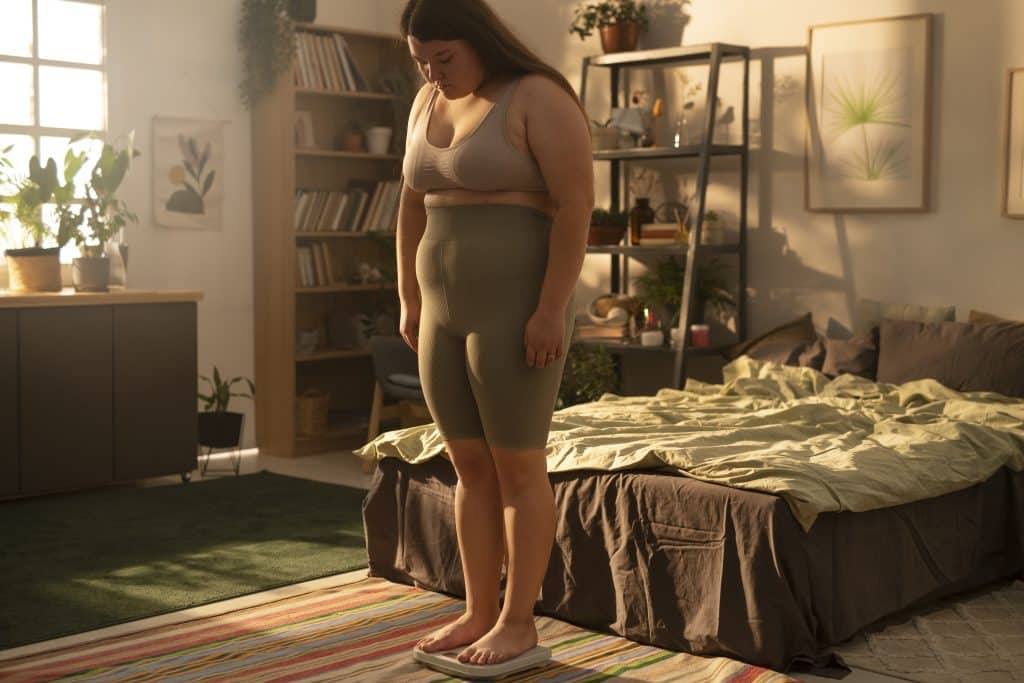
Improving your sleep habits can naturally support your weight loss goals without requiring extreme diets or exhausting exercise routines. Here’s how:
-
Regulates hunger hormones – Balanced ghrelin and leptin levels make it easier to eat intuitively and control portion sizes.
-
Improves insulin sensitivity – Sleep helps regulate blood sugar, reducing fat storage and energy crashes.
-
Boosts metabolism – Deep, restorative sleep supports your thyroid and other systems that influence how your body burns calories.
-
Reduces late-night snacking – Getting to bed earlier helps avoid that critical “snack zone” many people hit after 10 PM.
-
Supports physical activity – Better sleep = more energy and motivation to exercise effectively.
🛏️ Simple Tips to Improve Sleep and Support Weight Loss
-
Stick to a consistent sleep schedule, even on weekends
-
Avoid screens at least 60 minutes before bed (blue light affects melatonin production)
-
Limit caffeine in the afternoon
-
Create a relaxing bedtime routine (meditation, reading, or a warm shower)
-
Keep your bedroom cool, dark, and quiet for optimal sleep conditions
Learn While You Sleep?

Yes—sort of. REM sleep helps you consolidate memory, process complex information, and boost creativity.
Students and professionals perform better when they sleep after studying, because:
-
Brain connections are reinforced overnight
-
Emotional weight of information is processed
-
Cognitive clarity improves the next day
Know Your Chronotype: When Should You Sleep?
Not everyone is a morning person—and that’s okay. Your chronotype determines your natural sleep-wake rhythm.
| Chronotype | Natural Pattern | Peak Productivity Time |
|---|---|---|
| Morning type | Sleeps and wakes early | Early morning |
| Evening type | Sleeps and wakes late | Late afternoon and evening |
| Intermediate | Balanced between early and late types | Mid-morning and early evening |
⏰ Respecting your chronotype improves sleep rest quality and daily energy.
💤 Learn How to Sleep Smarter and Live Better
In today’s productivity-driven culture, sleep is often treated as optional—a luxury to be trimmed for the sake of hustle. But in reality, quality sleep is a biological necessity, just as vital as food, water, and air. It’s during sleep that your body repairs itself, your brain processes the day, and your immune system prepares for tomorrow’s challenges.
Whether you’re an athlete seeking faster recovery, a professional chasing peak performance, or someone simply looking to feel more balanced and energized, optimizing your sleep can transform every aspect of your health and well-being.
Build a Powerful Nighttime Routine sleep better
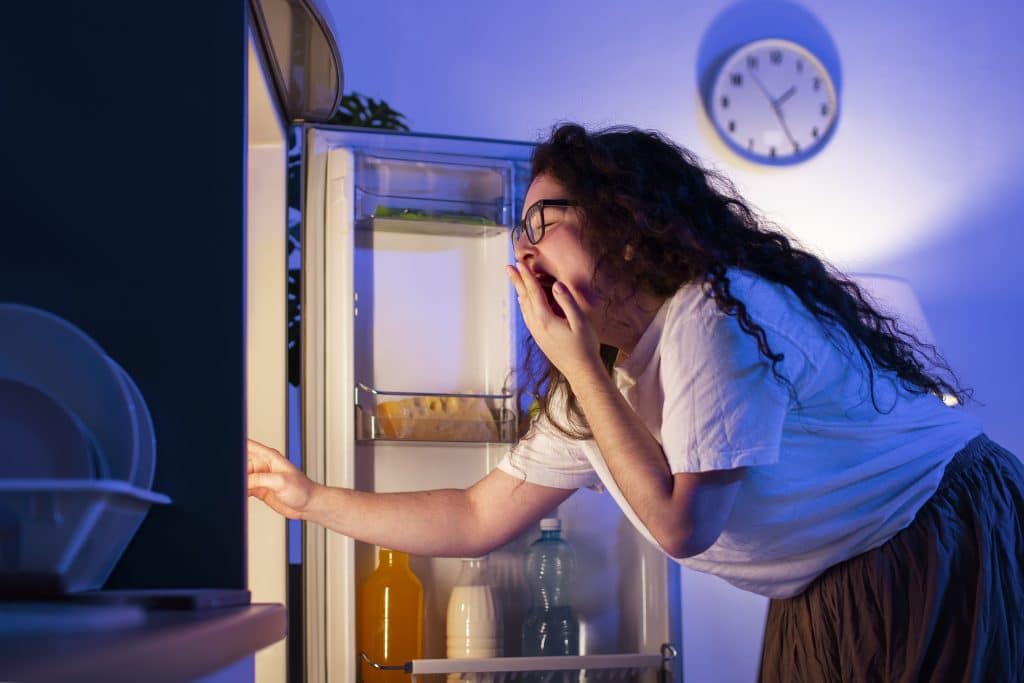
A consistent wind-down routine signals your body that it’s time to rest:
2 hours before bed:
-
Avoid caffeine and heavy meals
-
Dim the lights
-
Reduce noise and stimulation
1 hour before:
-
Take a warm shower
-
Read a book or stretch
-
Practice deep breathing or mindfulness
At bedtime:
-
Keep your room cool and dark
-
Wear soft, loose clothing
-
Place your phone away from your bed, not under your pillow!
Tools and Apps That Help You Sleep Better
Here are a few sleep-friendly technologies to track and improve your rest:
| App/Tool | Main Benefit |
|---|---|
| Sleep Cycle | Smart alarm that tracks sleep patterns |
| Calm | Bedtime stories and guided meditations |
| Headspace | Sleep meditations and breathing techniques |
| Oura Ring | Tracks sleep stages, HRV, and body recovery |
These tools provide insights into your nightly habits and help build a more restorative sleep environment.
Final Thoughts: Sleep Is a Superpower
Sleep is one of the most underrated tools for healing, clarity, and productivity. It’s free, natural, and transformative. People who prioritize good sleep live longer, feel better, think sharper, and enjoy life more fully.
💤 Instead of sacrificing sleep to “get more done,” try this mindset: better sleep = better days.





